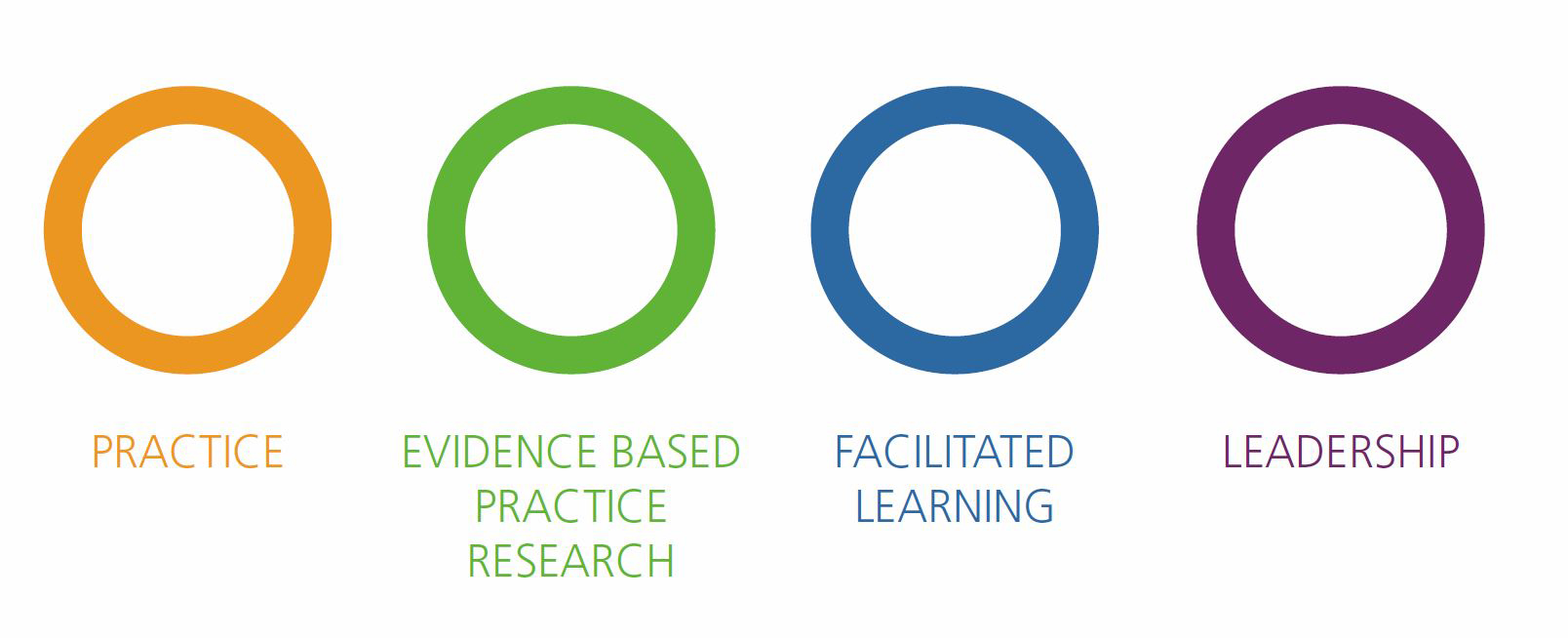Advanced practice (AP) or advanced clinical practice (ACP) has been on the health agenda for over a decade. The nursing profession initially drove this forward, followed by physiotherapists, where it evolved from their extended scope practitioners, particularly in the area of musculoskeletal practice.
In dietetics, there has been a small group of trailblazers over the last five-to-ten years but this picture has changed significantly in the last two years, and there are now many more roles and dietitians in training to fill these roles. Advanced practice roles now exist in complex enteral and parenteral nutrition, disordered eating/eating disorders, obesity, diabetes, neonatal nutrition, gastroenterology, etc.
A generic introduction to advanced practice can be found here.
So why do we need advanced practice?
Rising demands for healthcare within the NHS and a need to remodel pathways and ‘do things differently’. There’s also an urgent need to ensure that services are tailored to patients’ requirements and meet the important equality, diversity and inclusion agenda.
A key function of these advanced practice roles is to undertake extensive evaluation and monitoring of the service provided; to adapt it to meet these needs and ensure it is based on the latest evidence. There is dedicated time within these roles to ensure these functions take place.
What is advanced practice?
Advanced practice or advanced clinical practice is defined in detail in the BDA Post Registration Professional Development Framework.
In short, it:
- Is delivered by experienced, registered health and care practitioners
- Is a level of practice characterised by a high degree of autonomy and complex decision-making
- Uses expertise and decision-making skills to inform clinical reasoning approaches
- Initiates, evaluates and modifies a range of interventions including prescribing
This is denoted by the four pillars of practice:

Advanced practice is working across all four pillars of practice. Often, the Clinical pillar is predominant, i.e. the greater proportion of your time is spent in clinical practice. In England you must spend a minimum of one day per week undertaking clinical practice. If, however, you have an education or research role, then you may spend more time on either of these pillars. The job plan will determine how your time is spent.
Each home country has its own framework for AP detailing the four pillars of practice:
How is the BDA supporting dietitians?
Health Education England (HEE) has funded the BDA to produce resources to support dietitians in the implementation of advanced practice. The following resources have been produced in conjunction with an expert working group of dietitians already working in AP
Pages on the BDA website detailing a journey to AP will be ready in March 2023. They will include:
- Definitions and Criteria for Advanced Practice
- Developing Advanced Practice – Enhanced to Advanced Practice
- Short video describing Advanced Practice
- Developing Advanced Practice roles – Clinical Governance
- Case studies of dietitians working as Advanced Practitioners
- Video describing the unique skills of a dietitian, to support the marketing of dietitians in these roles
- Generic job descriptions
- Sample business cases
- Sample job plans
BDA members also identified two other issues to support dietitians moving forward in AP: job profiles, where BDA staff are liaising with NHS employers regarding the prioritisation of a generic AP profile; and independent prescribing, where BDA staff are working with other relevant AHP groups to lobby for a change in the legislation to enable dietitians to become non-medical prescribers.
In England all NHS Trusts have an advanced practice lead and all regions have a regional faculty for advanced practice to support AHPs.
HEE has a Centre for Advancing Practice: advanced-practice.hee.nhs.uk
These links will be useful to dietitians across the UK as there is liaison between AHP leads in each country.

